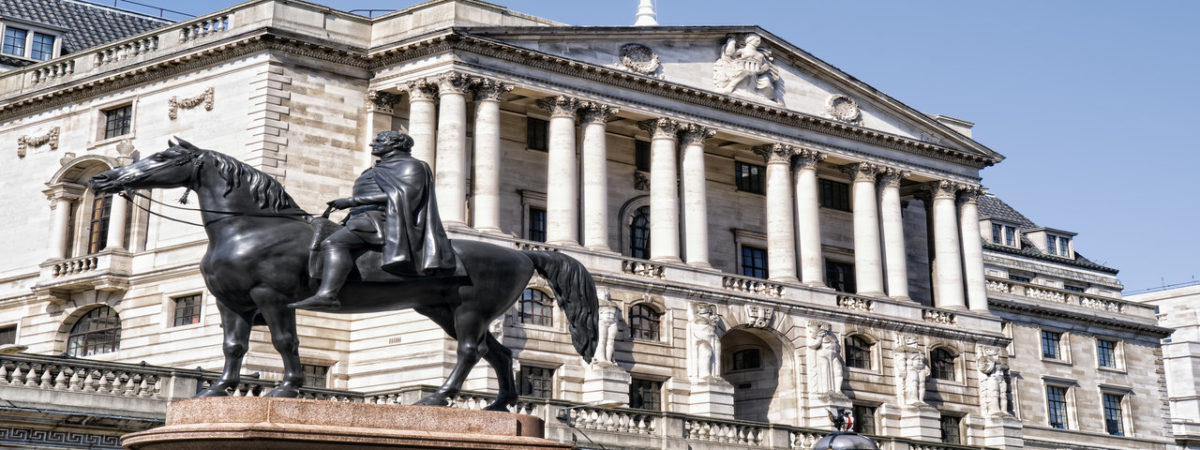UK has nothing to fear from a ‘bare bones’ Brexit deal
SUGGESTED

IEA releases report on education in post-conflict countries

Julian Jessop comments on BoE interest rate rise

IEA releases briefing on what a minimal Brexit deal might mean
A more credible ‘no deal’ scenario would involve the UK leaving the Single Market and the Customs Union in March 2019, but still allow for continued cooperation in many other areas of common interest. To be clear, the practical obstacles to implementing even this ‘bare bones’ Brexit in time would be substantial. But while this outcome would surely be second best, it need not be the nightmare that many seem to fear.
In a new briefing from the Institute of Economic Affairs’ Brexit Unit, Julian Jessop argues that there is no need to fear if talks are still bogged down at Christmas. Announcing then that the UK is leaving both the Single Market and the Customs Union in 2019 would at least give businesses the certainty they crave. It would also avoid the scenario where a ‘transition’ period mysteriously becomes ‘permanent’.
Key points:
Much of the discussion of a ‘no deal’ Brexit has focussed on a chaotic outcome where talks break up without any agreements on the future relationship. However, this outcome would be so bad for all parties that it is highly unlikely. A more credible scenario would involve the UK leaving the Single Market and the Customs Union in March 2019, but still allow for continued cooperation in many other areas. This could be called a ‘bare bones’ Brexit. There are four reasons why this is a serious runner:
- First, the UK and the EU would not be starting from scratch. In almost all cases it would be a question of agreeing that existing arrangements are satisfactory.
- Second, the EU already cooperates closely with many third countries that are not even in Europe – including in sensitive areas such as aviation and nuclear technology.
- Third, both sides will surely want to make this work. Would EU politicians really be willing to forego the rights of their airlines to fly to the UK, or block the vital trade in medical isotopes, just to punish us for the audacity of Brexit?
- Fourth, there is much that can be done unilaterally. In particular, the UK could simply go ahead and implement its proposals on citizens’ rights. This would put the onus on the EU to reciprocate, but why wouldn’t they? Again, what would the alternative say about our European partners?
Any form of ‘no deal’ Brexit would surely still be a second best, given the short timescales involved. But it needn’t be the Halloween nightmare that many seem to fear.
Commenting on the briefing, Julian Jessop, Chief Economist and Head of the Brexit Unit at the Institute of Economic Affairs, said:
“Fears that a ‘no deal’ Brexit would inevitably result in chaos are a Halloween scare story. In reality, both sides would have a strong interest in continuing to cooperate in a wide range of areas, even if the UK leaves the Single Market and Customs Union in 2019.”
Notes to editors:
For media enquiries please contact Nerissa Chesterfield, Communications Officer: nchesterfield@iea.org.uk or 020 7799 8920 or 07791 390268
To download a copy of ‘Putting some flesh on a “bare bones” Brexit’ please click here.
Further IEA Reading: The IEA Brexit Prize: A Blueprint for Britain-Openness not Isolation
For more information on the IEA’s Brexit Unit, click here.
The mission of the Institute of Economic Affairs is to improve understanding of the fundamental institutions of a free society by analysing and expounding the role of markets in solving economic and social problems and seeks to provide analysis in order to improve the public understanding of economics.
The IEA is a registered educational charity and independent of all political parties.



